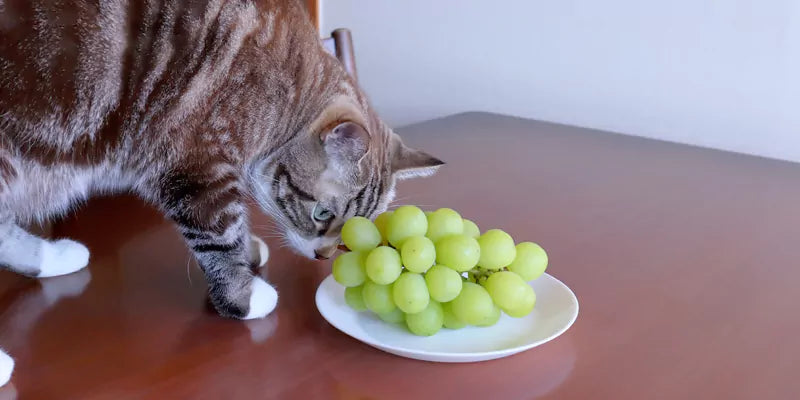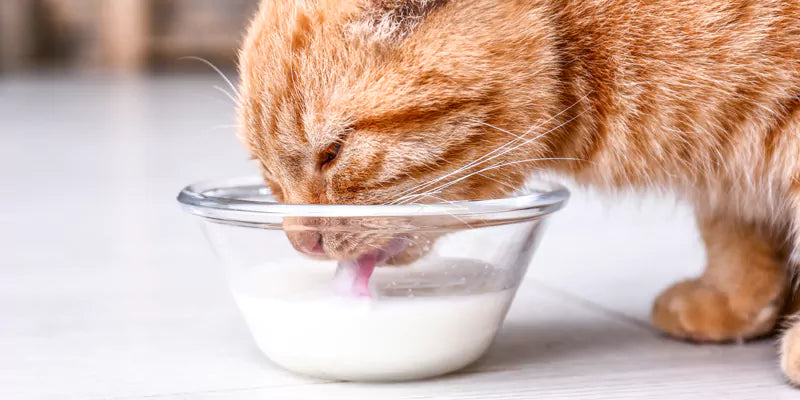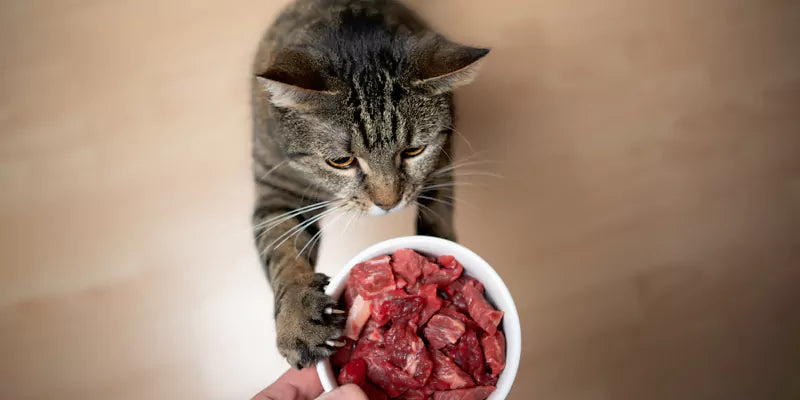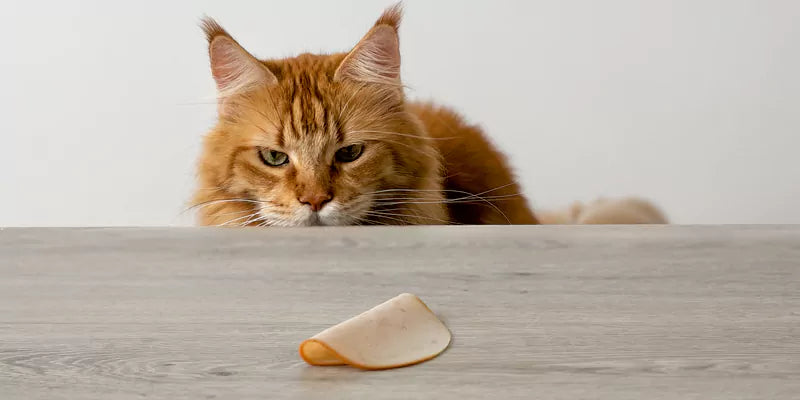
As a cat parent, you might occasionally be tempted to share a little bite of your snack with your feline friend. But before you pamper your kitty with some extra treats, it is important to know that there can be certain toxic substances in cat treats, making them unsuitable for cats to consume. While making safe cat treat choices, it is important to keep in mind that a cat’s nutritional needs are quite different from a human’s, and many fruits, vegetables, and other foods that are considered a healthy addition to our diet, could be harmful for our kitties.
So let’s take a look at what foods to avoid giving our cats, and also understand the risks of feeding certain cat treats to our feline companions.
Yeast dough rises and causes gas build-up in your cat's digestive system, which can lead to stomach bloating and twisting, which can potentially escalate to a fatal condition. Also, yeast produces alcohol as a byproduct, which brings with it its own set of issues (discussed in the next point). However, baked bread is considered safe to consume for healthy cats.
Beverages and foods containing alcohol can lead to serious problems in cats, including vomiting, diarrhea, breathing difficulties, coma, and even death.
Chocolate contains substances called methylxanthines which are toxic to cats and can cause vomiting, diarrhea, tremors, seizures, and even death. The concentration of methylxanthines differs among various types of chocolate. Chocolates with high amounts of cocoa powder are the most dangerous, while white chocolate is the least. Like chocolate, coffee also contains methylxanthine caffeine, and can thus have the same harmful effects on your cat as listed above.
Citrus fruits like grapefruits, limes, lemons, oranges, and clementines contain citric acid and essential oils which can lead to several health problems in cats. Every part of the fruit, such as the stems, leaves, peels, flesh, and seeds should be avoided. While consuming these fruits in small amounts could only lead to an upset stomach, large amounts can cause diarrhea, vomiting, and even central nervous system depression. Grapes and raisins are also harmful to cats, and can cause kidney failure.

Feeding your cat dairy products such as milk, cheese or yogurt can result in digestive problems, since most cats are lactose intolerant and can't process dairy properly. The safest approach is to avoid giving any dairy products to your cat altogether, but you can check with your vet if a lactose-free alternative is an acceptable treat.

Fresh coconut milk and flesh can cause digestive issues in pets, though small amounts aren't likely to cause serious harm. Coconut water is too high in potassium to be safe for pets, though coconut oil might be helpful for some cat skin issues. Talk to your vet before using this as a holistic remedy or including it in your cat's diet.
While the exact mechanism of toxicity is unknown, macadamia nuts are known to be toxic to pets. Other types of nuts, including almonds, walnuts, and pecans are rich in oils and fats which can cause digestive issues, and potentially even pancreatitis in cats.
Raw eggs could potentially be contaminated with Salmonella bacteria. Signs of Salmonella infection include vomiting, diarrhea, and fever. Raw eggs also contain avidin, an enzyme that hinders the absorption of biotin in cats, a vitamin that's important for their skin and fur health.
Raw or undercooked meat, similar to raw eggs, may be contaminated with Salmonella and E. coli bacteria. Pets consuming raw meat-based diets often show signs of gastrointestinal issues like diarrhea.

When consumed in large amounts, salt and salty foods can lead to vomiting, diarrhea, tremors, seizures, and even death in cats.
Onions, garlic, leeks, scallions, shallots, and chives are harmful to cats, and may cause gastrointestinal problems and even damage their red blood cells. Foods containing these vegetables and herbs should be avoided.
In spite of your best efforts, it is possible that your cat could ingest some food that is potentially toxic. In these situations it is always advisable to get in touch with your vet at the earliest to avoid further complicating the issue.

Since human foods come with so many terms and conditions for cats, it is best to stick to specially formulated treats, which are meant solely for a feline diet. Brands like Kittos, Me-O, and Rena offer a wide range of yummy treats in several flavours, such as chicken, liver, tuna, salmon, and a host of other flavour combinations. These treats are also available in various forms, like jerky, paste, or crunchy bites.
We hope that this article will help you in choosing safe cat treats for your kitty.
Explore a vast variety of cat treats on Petsy and give your feline friend the tasty, healthy, and safe treats that they deserve!
Not sure where to start? Try these collections:
Leave a comment